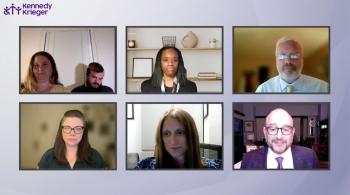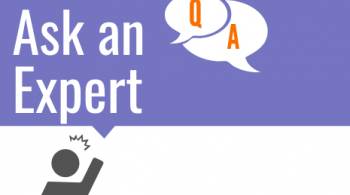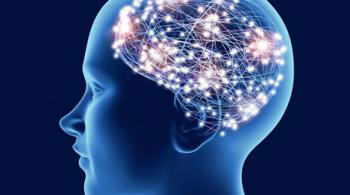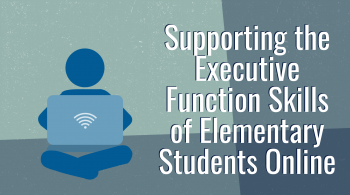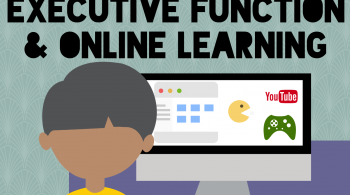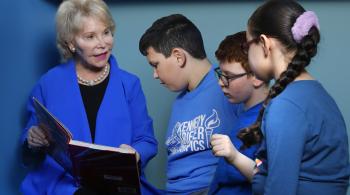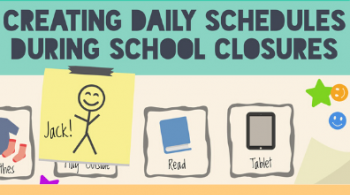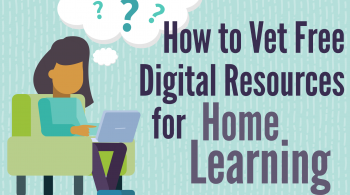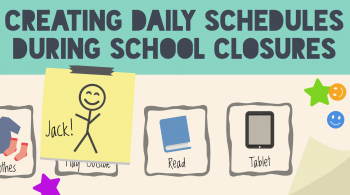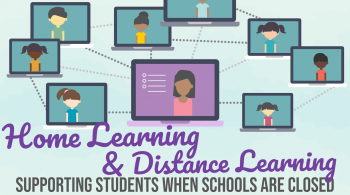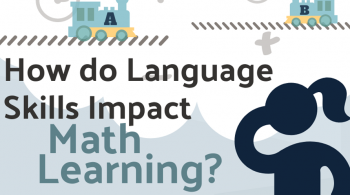By Andrea Parrish, Graduate Program Director for the Department of Special Education at Towson University
September 19, 2017
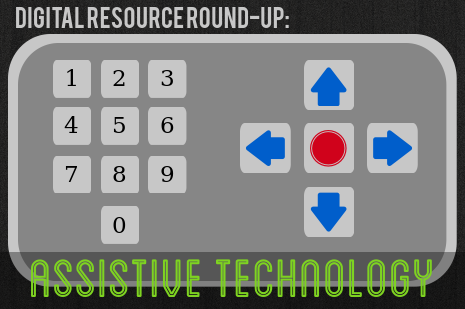
The proliferation of assistive technology (AT) and related forms of technologies holds exciting options for today’s students, their families, and the educators who support them. If you are an educators or therapist looking to build your repertoire of practical AT solutions, check out the list below for helpful links and resources.
Accessible Electronic Information
Did you know that electronic platforms can be inaccessible to some individuals with disabilities, similar to how a building with only stairs would be inaccessible to someone who uses a wheelchair? Check out this resource to learn more.
Assistive Technology: An Overview
An online module, developed by the IRIS Center through Peabody College at Vanderbilt University, which provides an overview of using AT.
Assistive Technology and the IEP
A fact sheet, developed by the American Physical Therapy Association, which discusses important linkages between AT and the IEP.
AT in Action: Video Series
This YouTube channel follows real students with disabilities and documents the ways AT affects their life, both at school and in the community.
AT Glossary
A glossary of terms associated with AT, developed by the Family Center on Technology and Disability.
Augmentative and Alternative Communication (AAC)
A description of AAC, published by American Speech-Language Hearing Association (ASHA).
Bookshare: Providing Accessible Materials to Students with Print Disabilities
An online module, developed by the IRIS Center, which provides an overview of Bookshare, a project supported by the U.S. Department of Special Education and OSEP, in an effort to make books accessible to individuals with print disabilities through digitization.
Boosting Inclusion in After School Programs with AT
This article describes strategies for including students with disabilities in after school programs and related activities, through the integration of AT.
Captioning to Support Literacy
This article, available through Reading Rockets, discusses how captioning supports students’ literacy development.
Integrating Multimedia with Students Who Have Special Needs
Developed by the Pacer Center, this article describes considerations for integrating various forms of multimedia with students who have disabilities.
Maryland Assistive Technology Network (MATN)
MATN is a professional learning community of educators and families that share information around AT. Join the community to participate in discussions and events.
Maryland Assistive Technology Assistance Program (MDTAP)
MDTAP has a library of free AT devices that are available to Marylanders with disabilities, their families, and professionals who work with people who have disabilities. Visit their website to find out how you may meet with an AT specialist for a technology demo or to borrow devices from their library.
mATch Up Tool!
Are you wondering about the different AT options available, based on the nature of your students’ needs? Use the AT mATch Up Tool, available at the Maryland Learning Links website, to preview different types of low tech, mid tech, and high-tech forms of AT.
National Center for Accessible Educational Materials
What is the relationship between accessible educational materials (AEM) and AT? The National Center for Accessible Educational Materials explains how AEM used in combination with AT offers the greatest range of access to educational materials for students with disabilities.
Using AT with Young Learners: A Video Tutorial
This high-quality video, developed by OSEP grant at USDE, details how to utilize AT to support our youngest learners.
What to Learn for in Reading Software
This article provides guidance in what to look for when selecting reading software for students with learning disabilities.
Wisconsin Assistive Technology Initiative (WATI)
Free materials, publications, and associated resources for implementing AT with students with a wide range of disabilities.
We hope these resources help you feel confident in advocating for AT for your students. Should you find yourself needing to explain the need for AT, share this important quote;
“For most of us, technology makes things easier. For a person with a disability, it makes this possible.”
– Judy Heumann, American Disability Rights Activist and Former Assistant Secretary, U.S. Department of Education, Office of Special Education Programs (OSEP)

